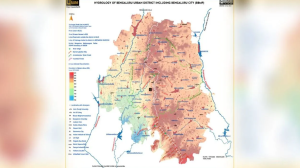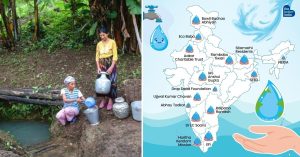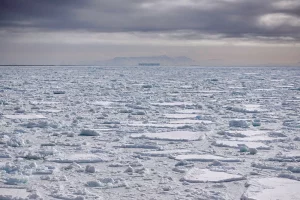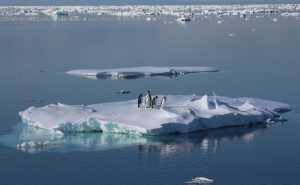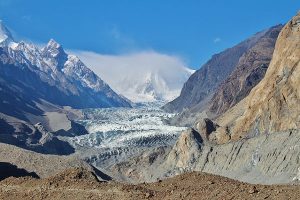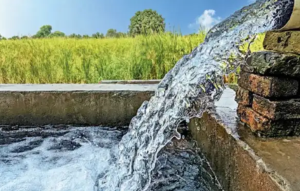
Groundwater Extraction Moved Earth’s Axis- Tubewells Changed The Planet
Excessive groundwater extraction—over 2,100 gigatons between 1993 and 2010—has shifted Earth’s axis by nearly 80 cm and contributed to rising sea levels. This human-driven change outweighs the impact of melting ice sheets on polar motion. Major contributors include western North America and northwestern India. While the tilt won’t affect seasons, it reveals how over-pumping groundwater can destabilize the planet, emphasizing the need for sustainable water use.

